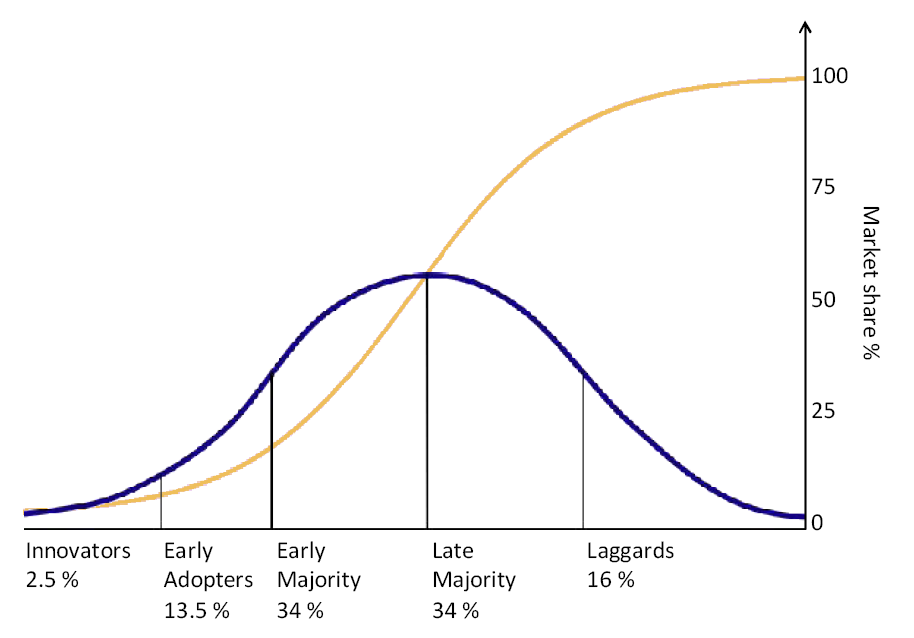Nick Bilton writes, "Internet Pirates Will Always Win" and provokes some interesting ideas: is preventing piracy just a game of whack-a-mole? Certainly, in the current paradigm, it can seem that way.
I wrote to colleagues in 2007, when Razorfish was in discusions with NewCo (the nascent NBC/Fox JV that would become Hulu) that fighting the desire of content to be easily available (even if not free) was not a viable business strategy.
Then, as now, this is a matter of ideology, because the people with the biggest ideas about content are rarely in charge of setting its price or licensing terms.
But in the multi-channel world, with connected devices now a threatening alternative to STB-connected distribution, content players should not forget the power of an engaged audience. They are a monetizable asset, and even if watching for a far lower prixce, creating a low-price tier with identifiable audience members can produce email opt-ins, social discussions, merchandise/DVD/other revenue, and tune-in for other programs.
Mr. Bilton quotes Holmes Wilson, co-director of Fight for the Future, in the article:
The hit HBO show "Game of Thrones" is a quintessential example of this. The show is sometimes downloaded illegally more times each week than it is watched on cable television. But even if HBO put the shows online, the price it could charge would still pale in comparison to the money it makes through cable operators. Mr. Wilson believes that the big media companies don?t really want to solve the piracy problem. "
"If every TV show was offered at a fair price to everyone in the world, there would definitely be much less copyright infringement," he said. "But because of the monopoly power of the cable companies and content creators, they might actually make less money."
Mr. Holmes is not wrong about the exciting power dynamic in play - it certainly could be empowering to do something the "man" doesn't want you to do. Nevertheless, exercising our inner Che Guevara is neither an effective mechanism of revolution against the industry nor a stricly pleasurable experience (corrupt and low quality BitTorrrent downloads mostly waste our time, if not our money). Wouldn't a low-price on-demand stream or download just be...easier?
It's myopic to think that adding many more low-revenue streams is going to lose money; it certainly will if the HBO/HBO Go are your only revenue source. The MSOs and the premium TV providers have to work together to create experiences and tiers whose scope is beyond the cable system, and where even if the price is lower, the experience is better than piracy, which is, after all, a pain in the butt. But I'm just an idealist, I know.

